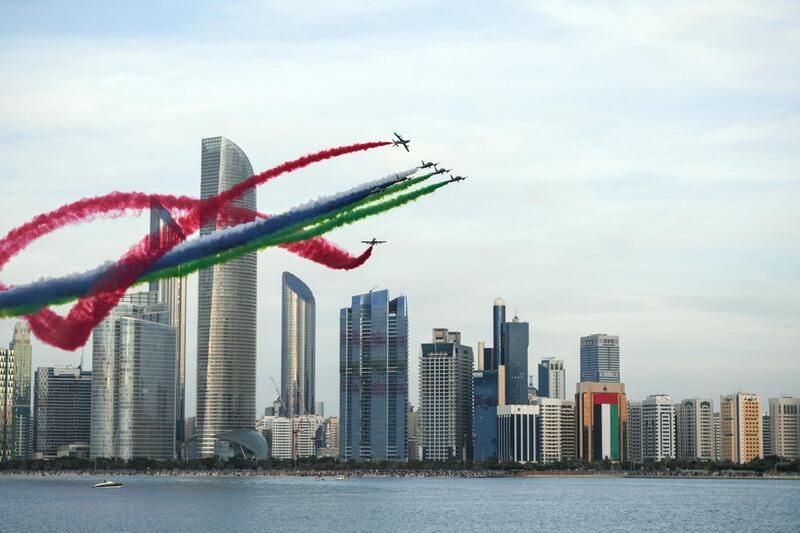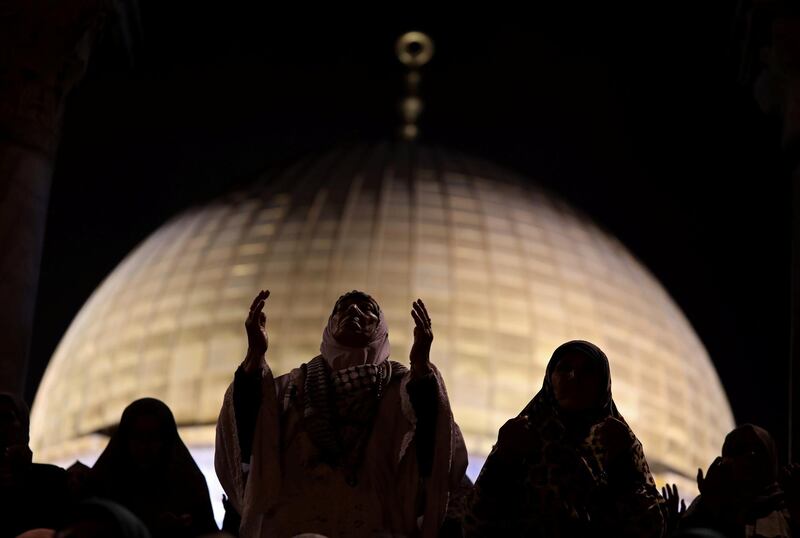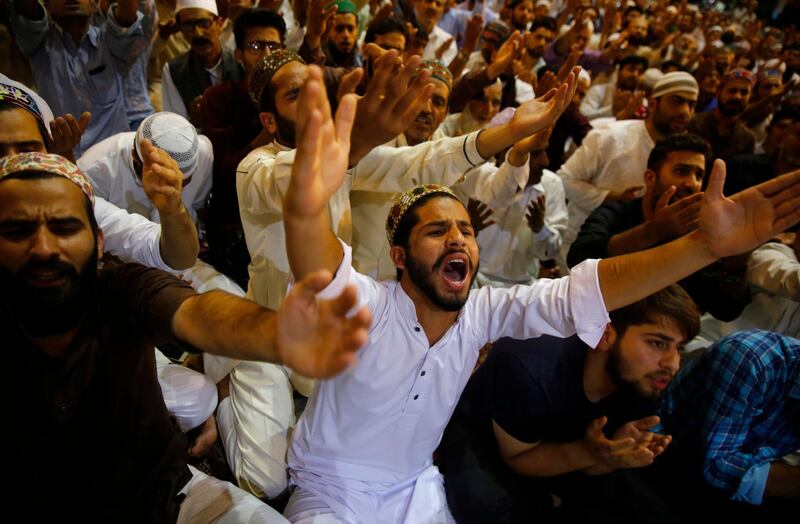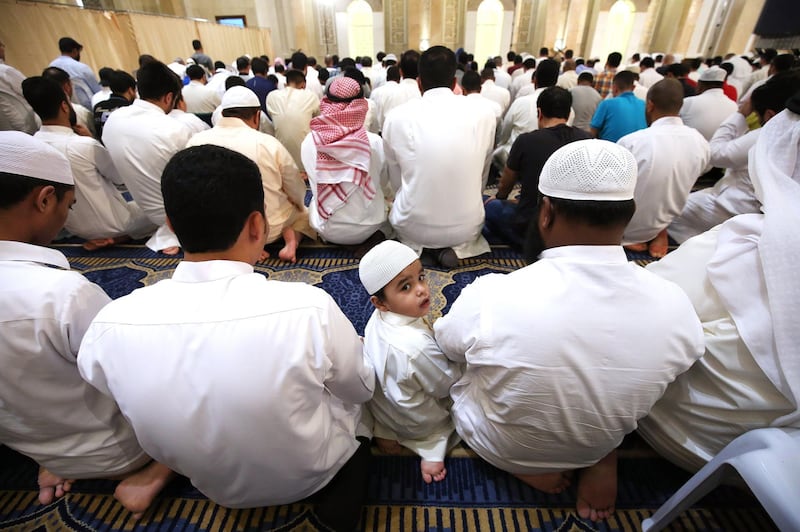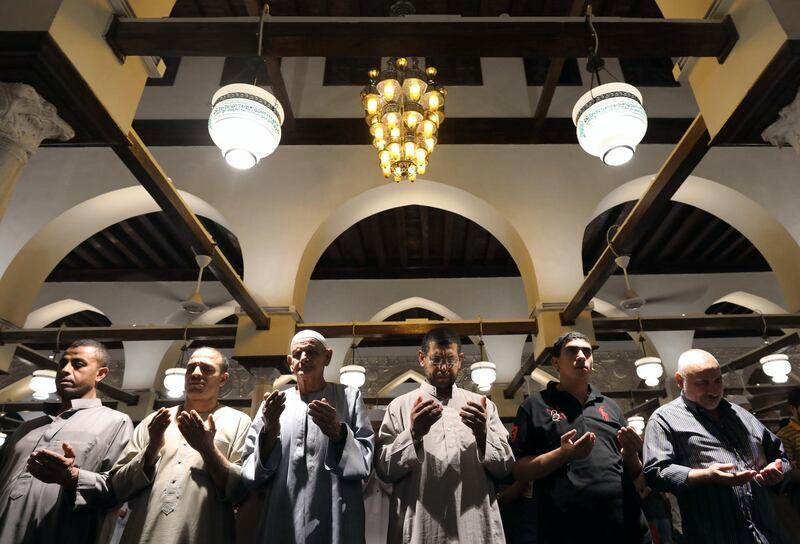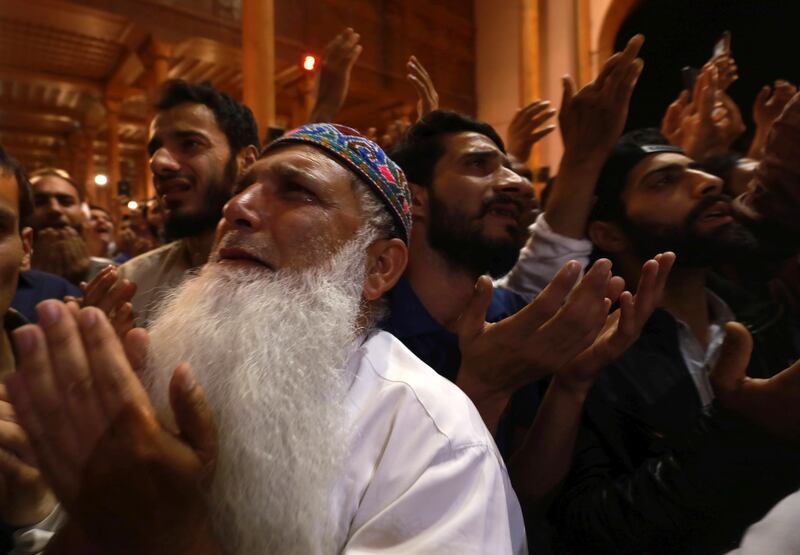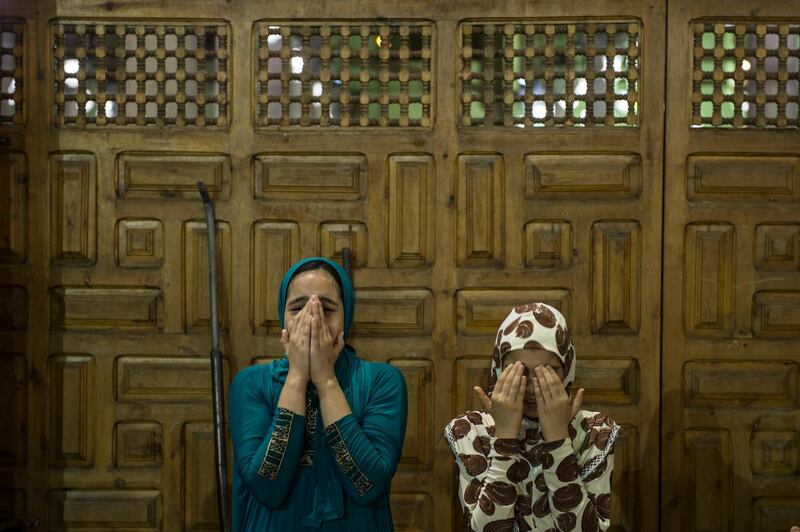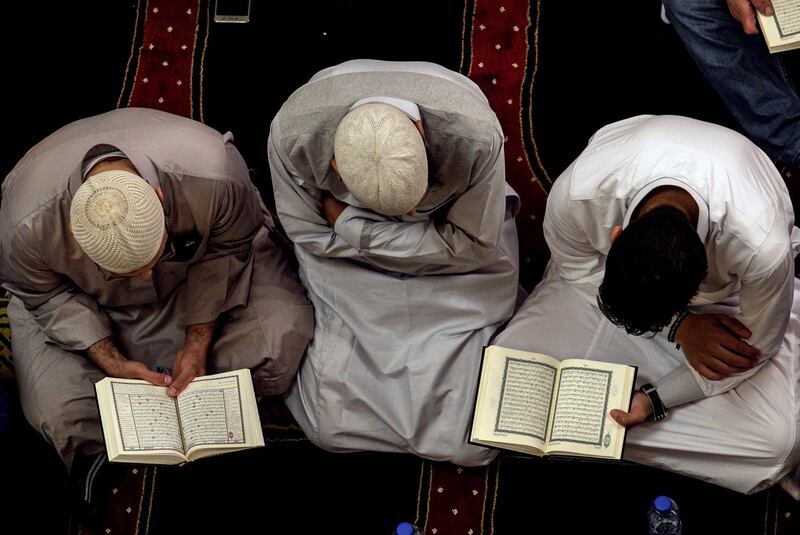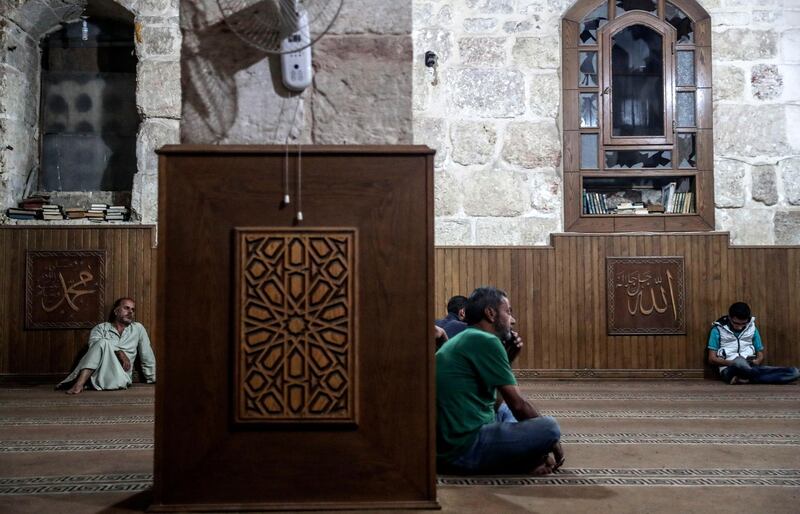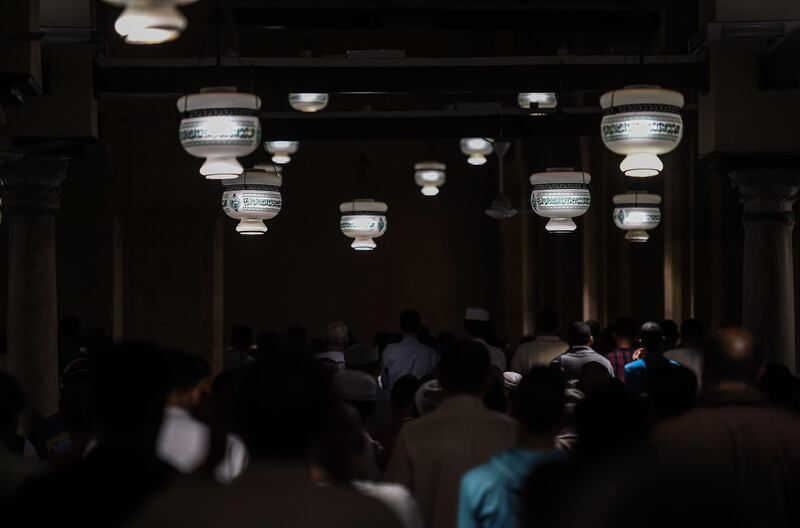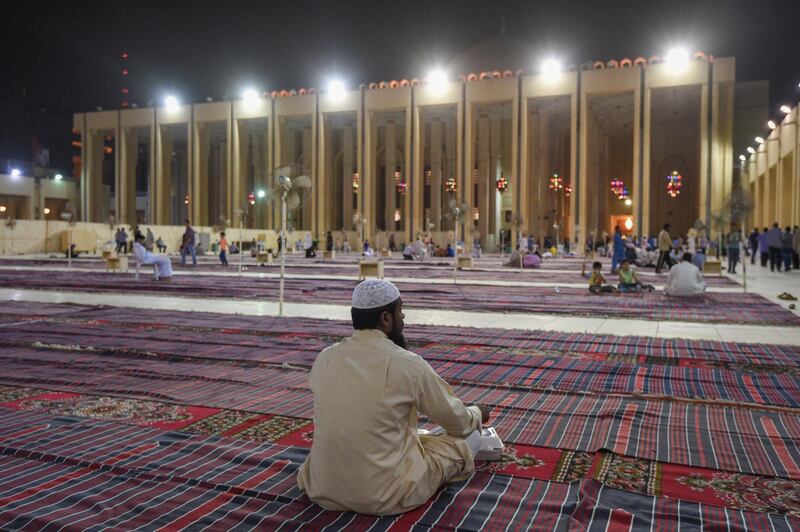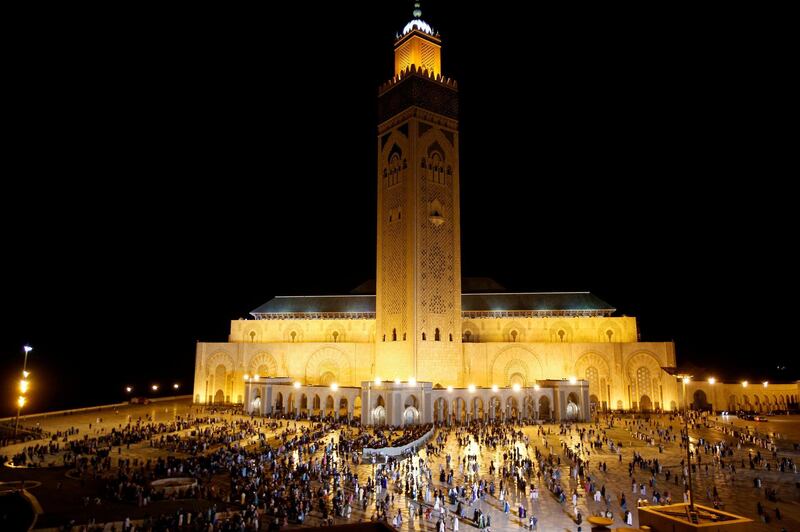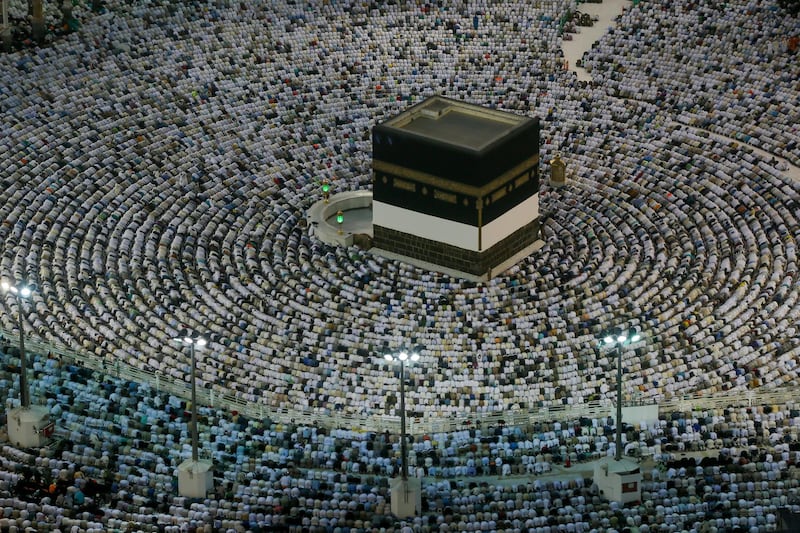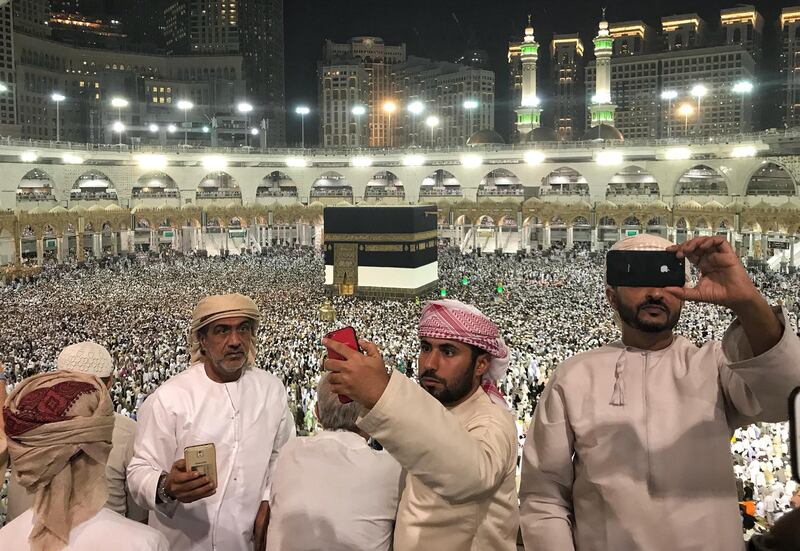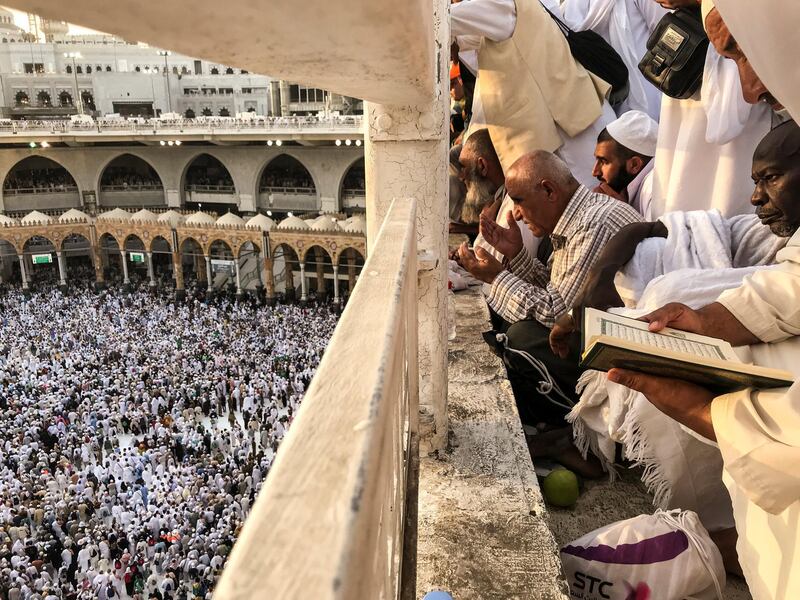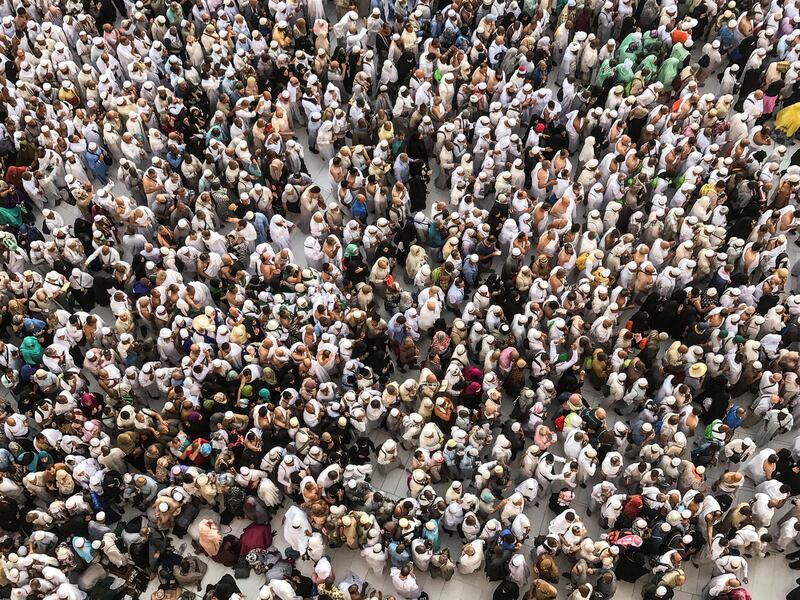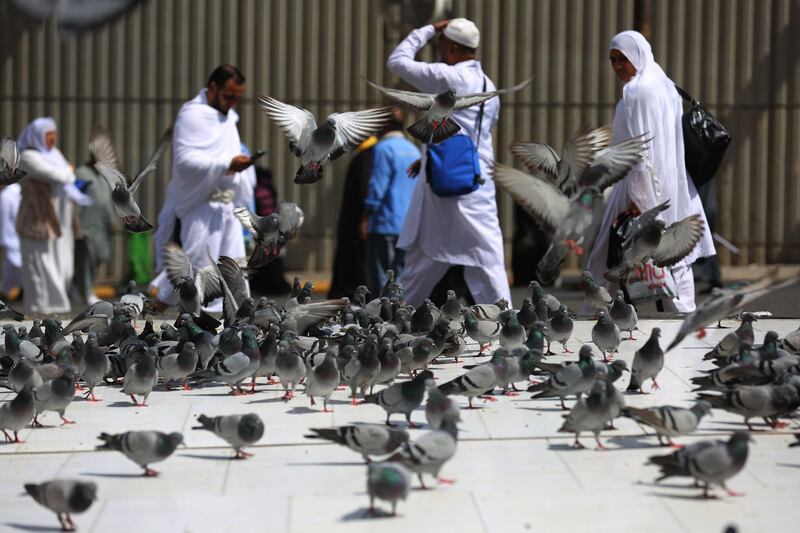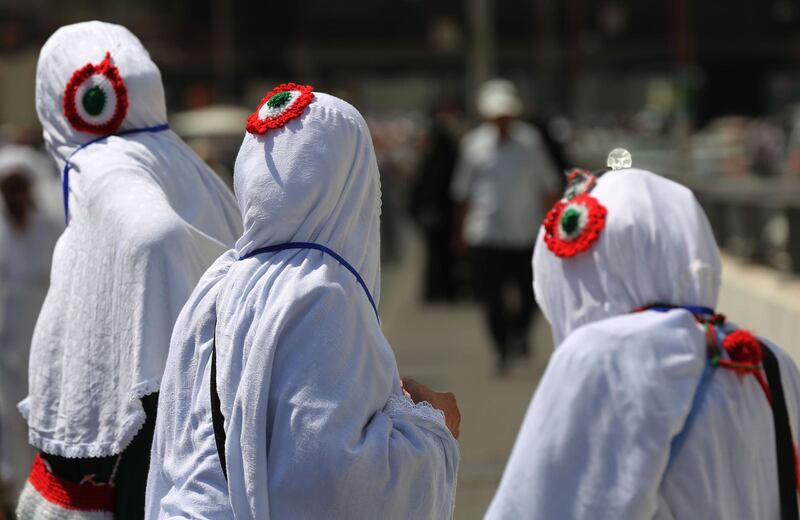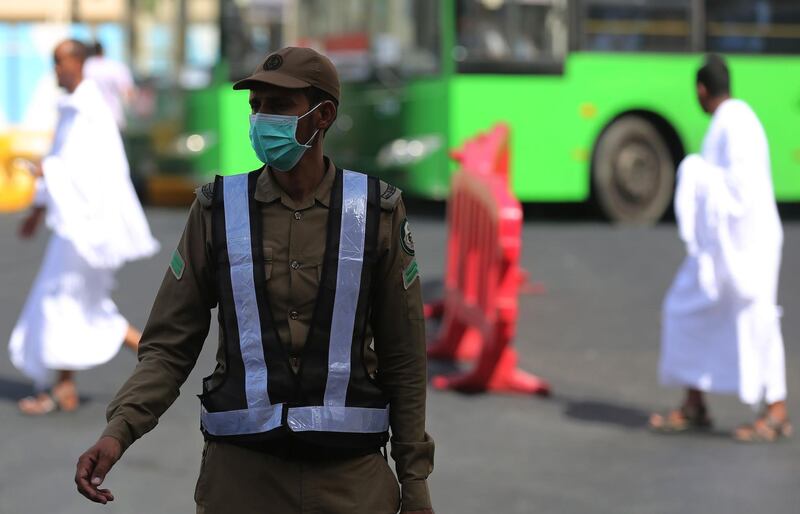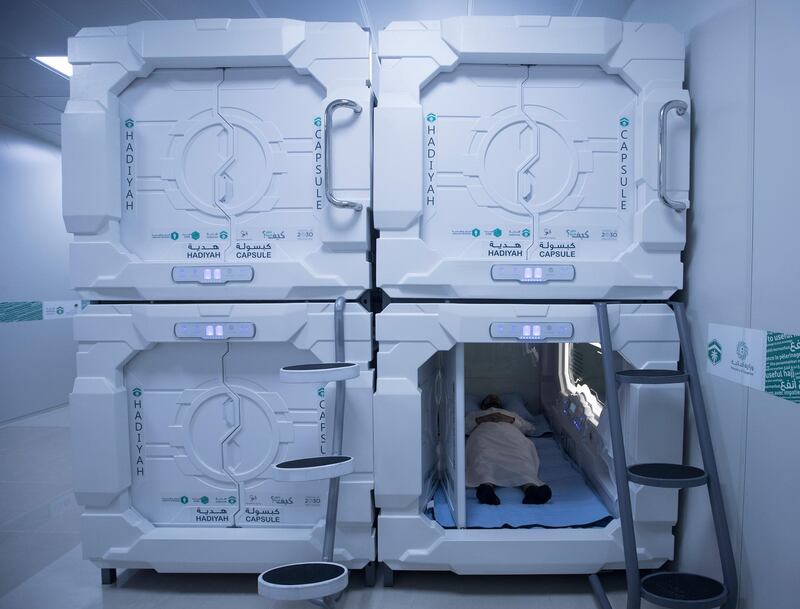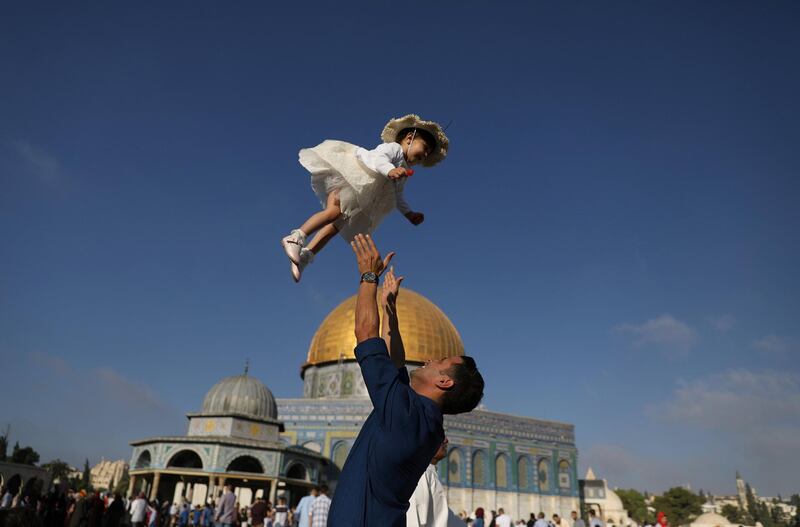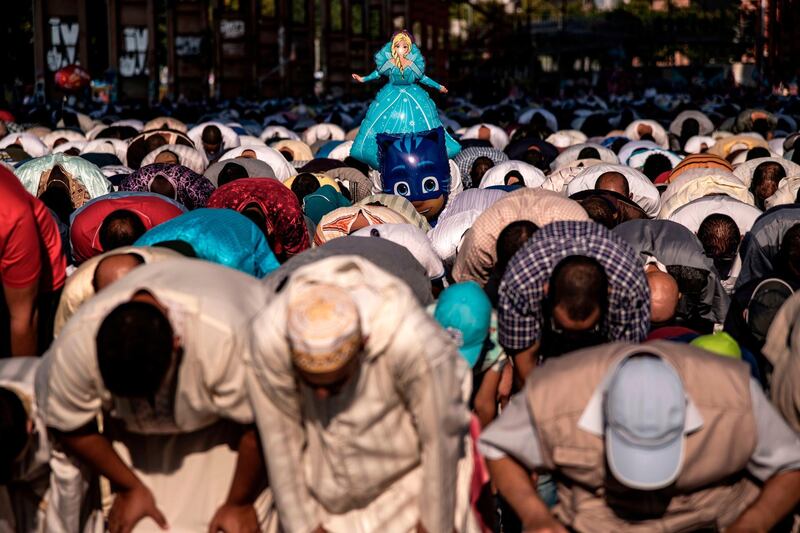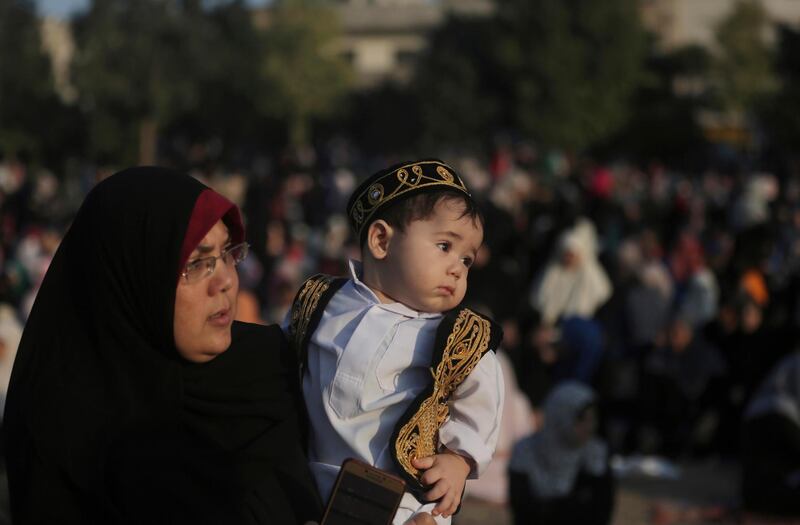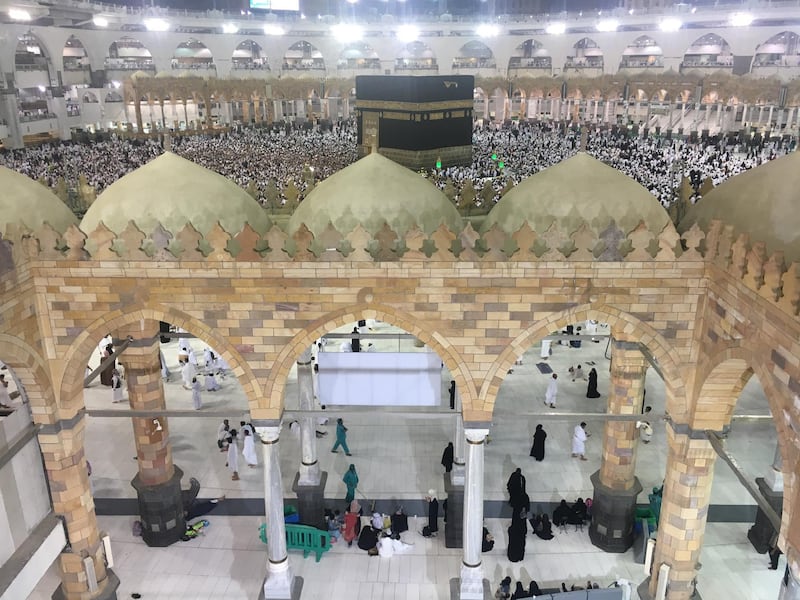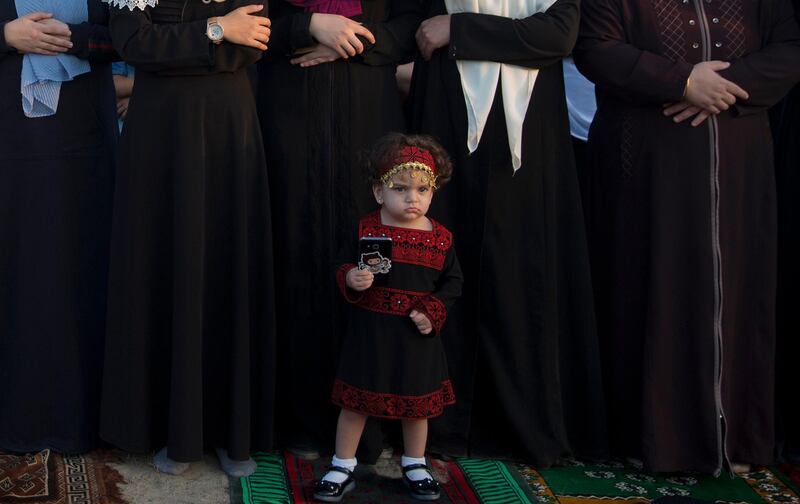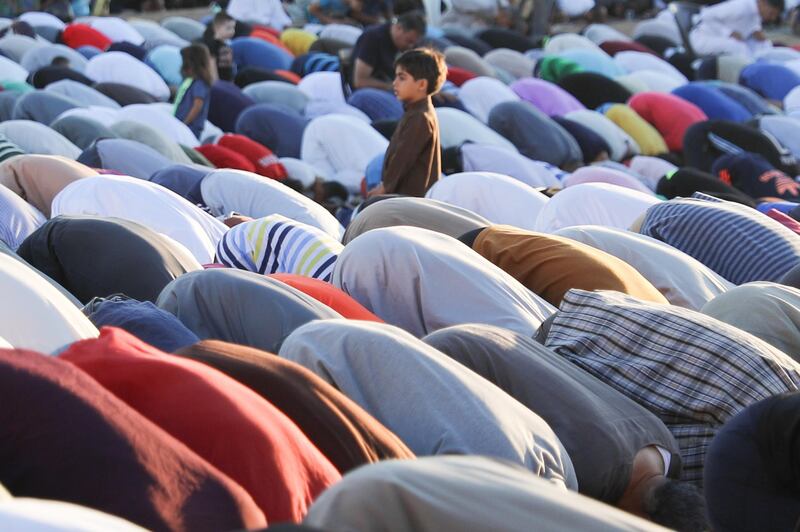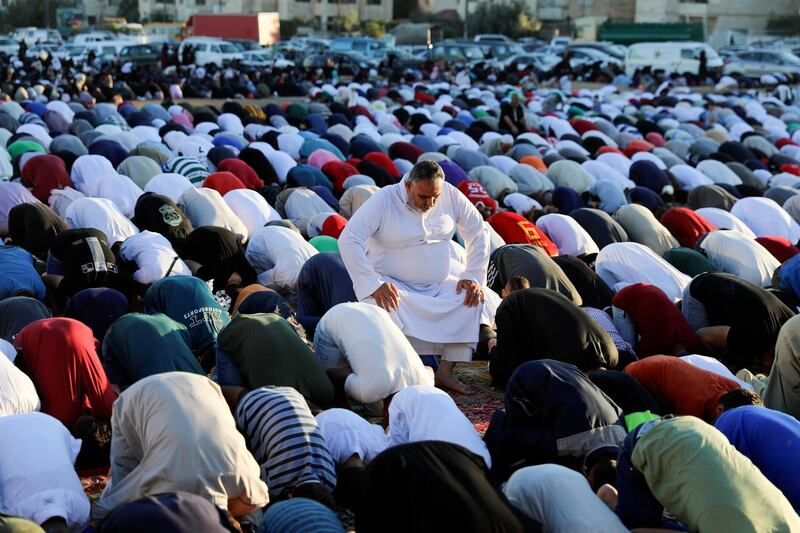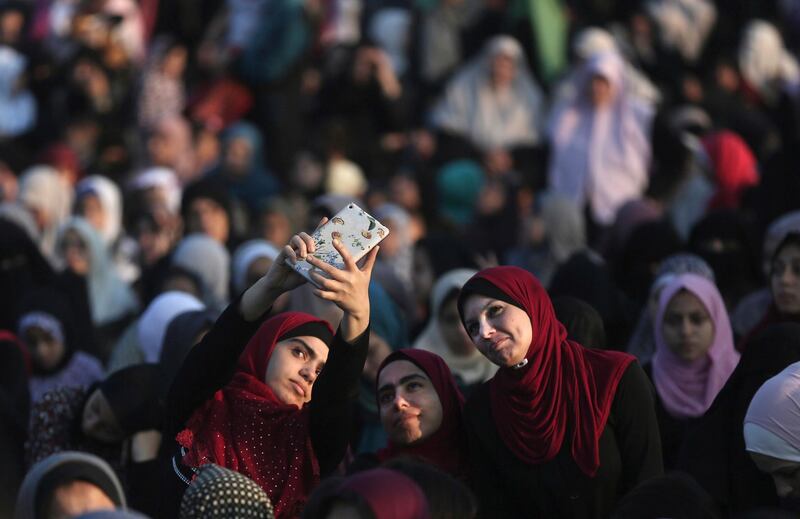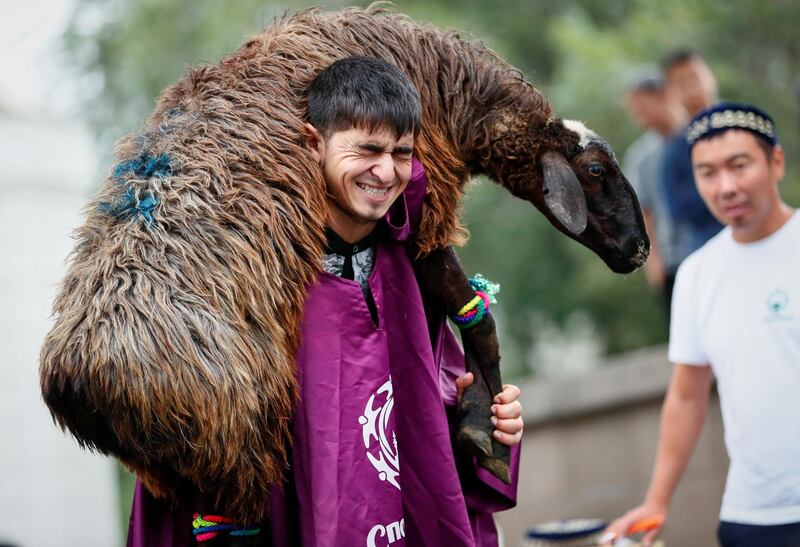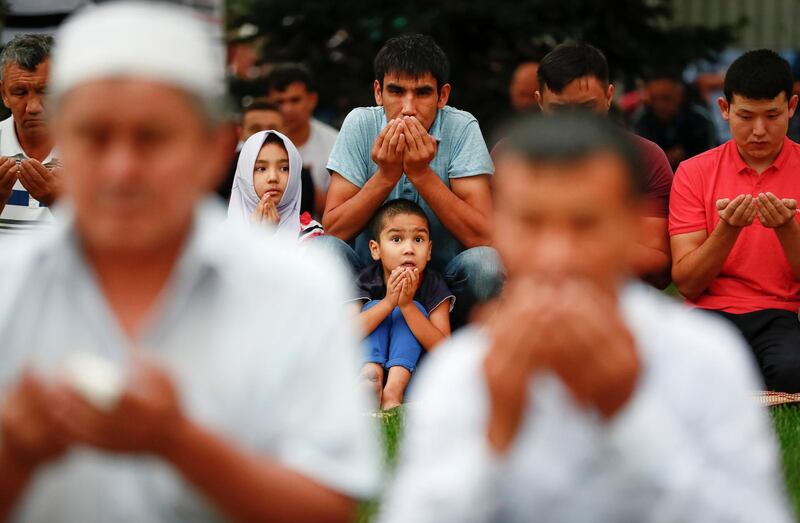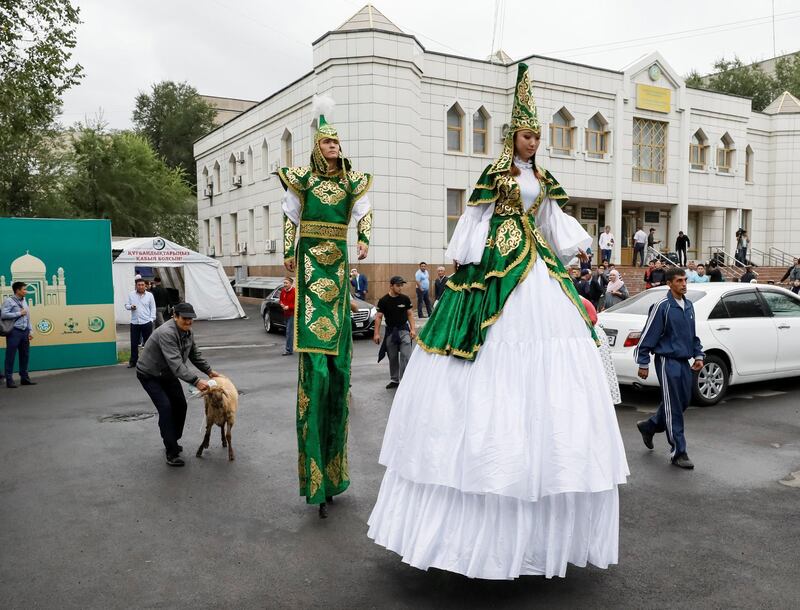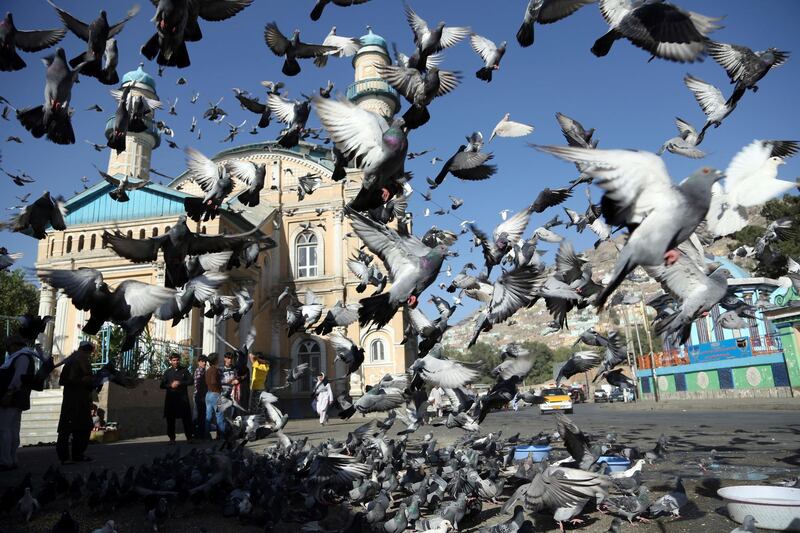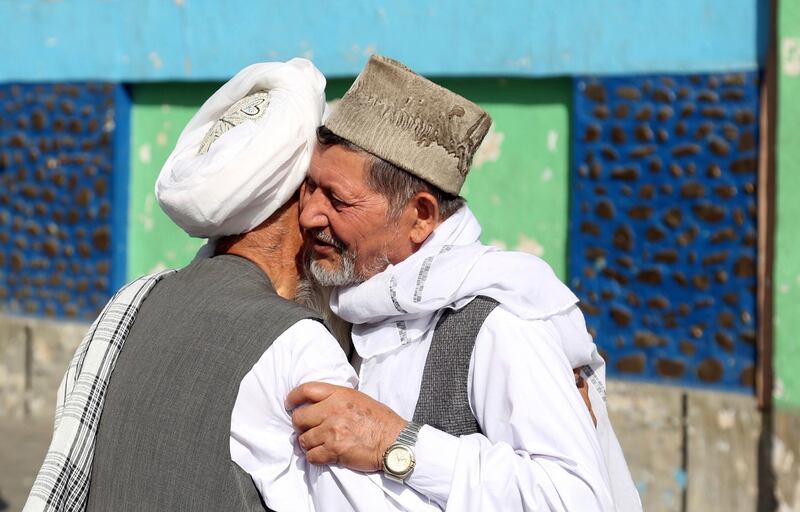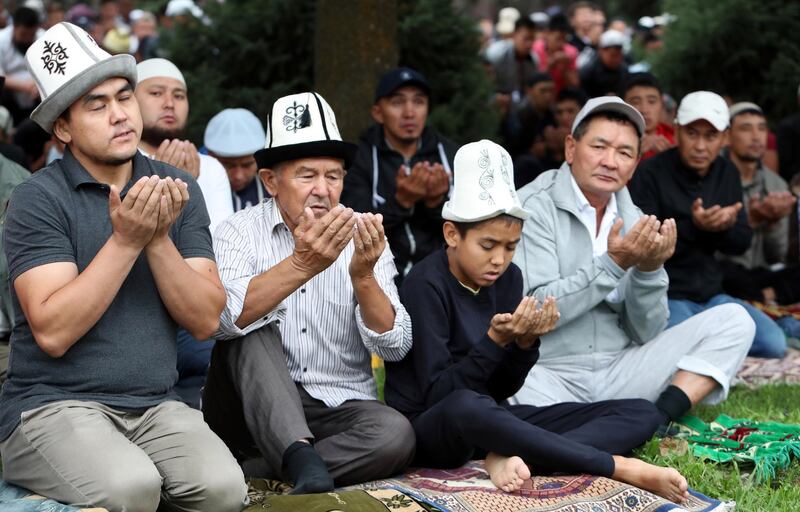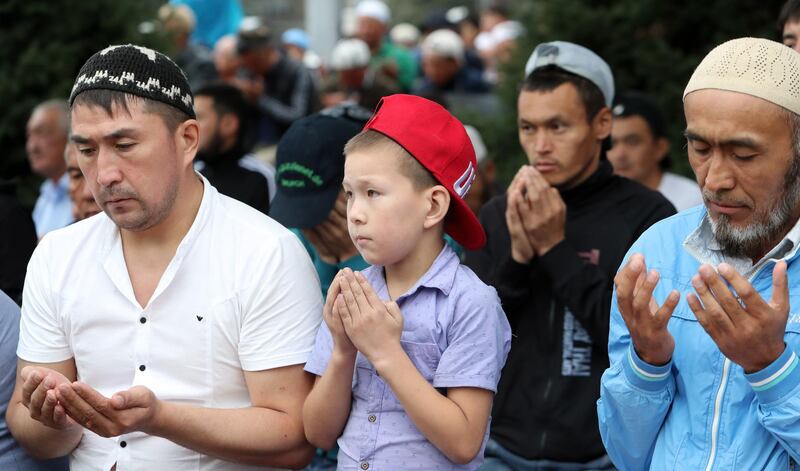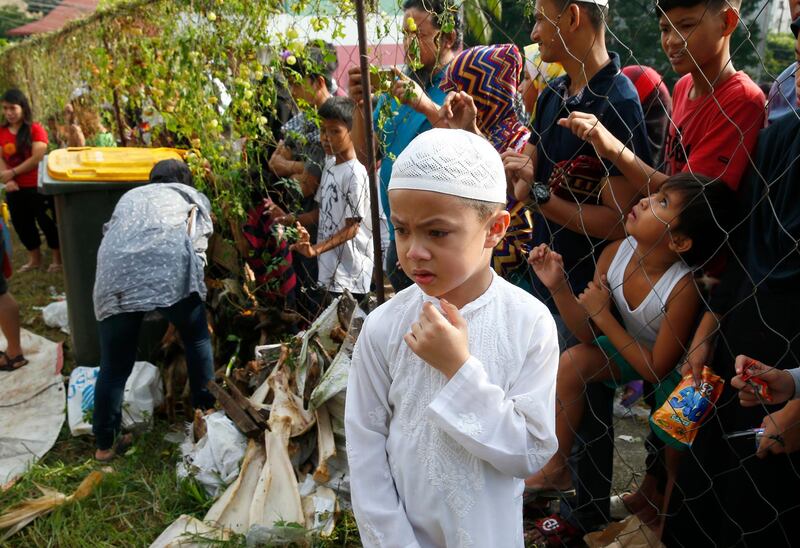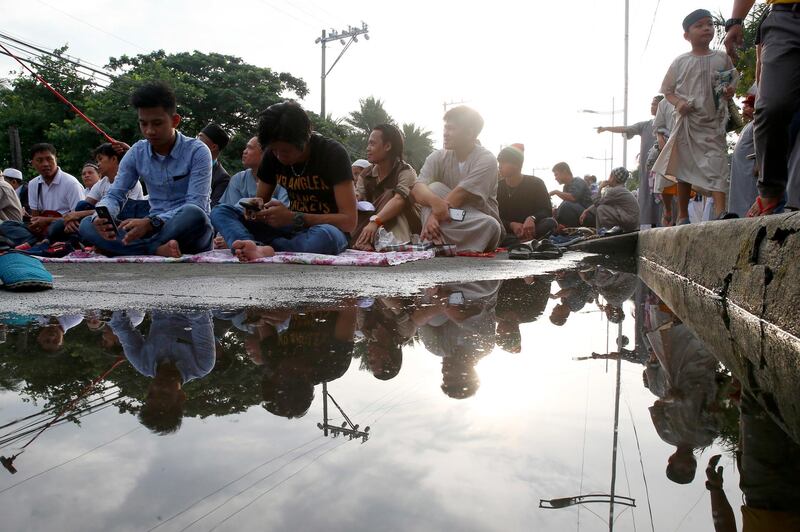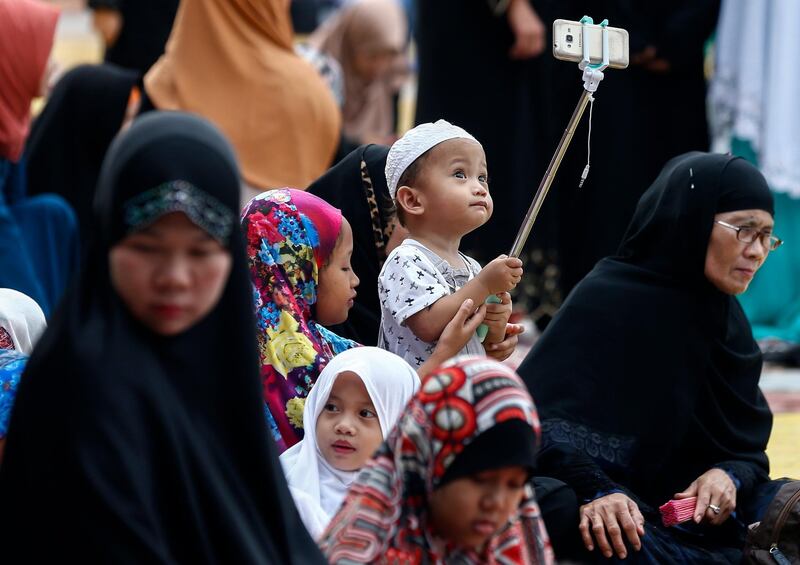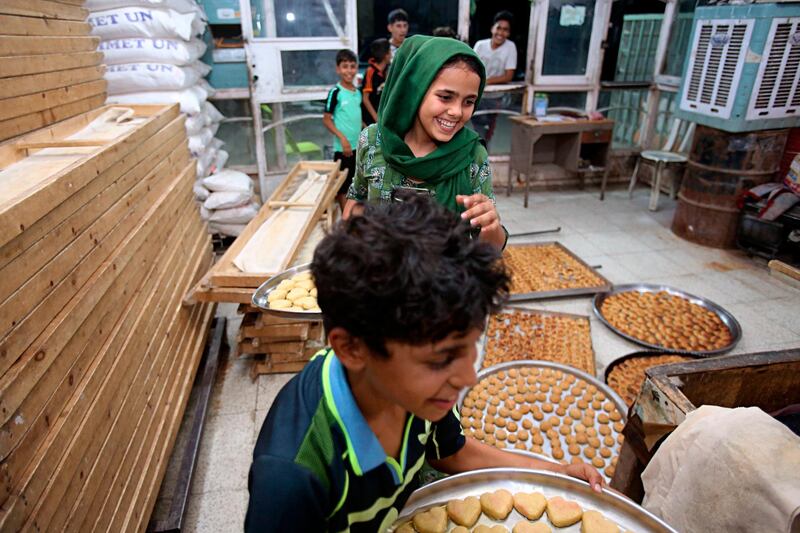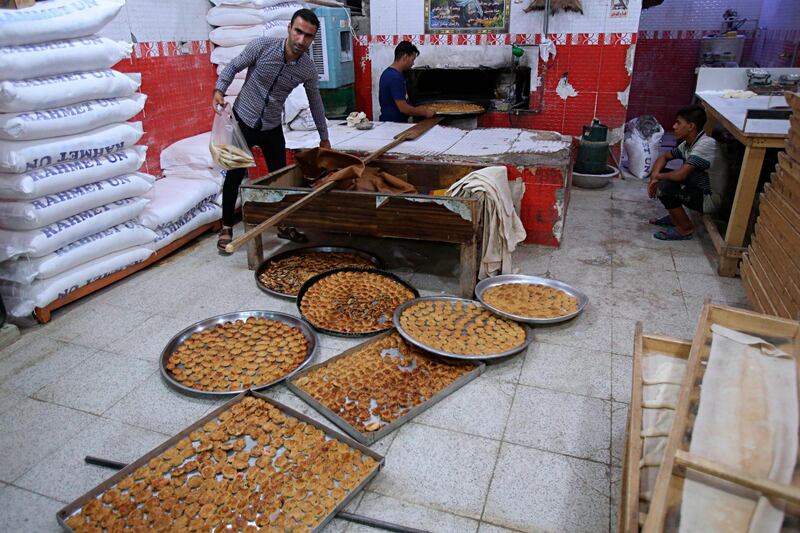Private sector workers will have the same number of holidays as government employees, the Government has announced.
The UAE Cabinet issued a decree on Tuesday unifying the number of holiday days between the public and private sector.
Previously, the public sector would enjoy more days off than private companies.
The Cabinet also announced the public holidays for this year and 2020. Public and private sector workers will have 14 official days off this year.
The changes were announced in a tweet from the Cabinet saying the alignment aims to achieve balance between the two sectors and support the national economy.
The decision will also help streamline work within, and between, the public and private sector.
.@uaegov: The #UAE Cabinet approves public holidays for the public sector for the years 2019-2020, and grants the private sector equal holidays. The decision aims at achieving a balance between the two sectors and supporting the national economy. pic.twitter.com/ipvMAUhXgo
— Dubai Media Office (@DXBMediaOffice) March 5, 2019
The standardisation of holidays between sectors is also part of efforts to attract Emiratis to work in private companies. In the UAE, the public sector has historically been seen as a more prestigious and rewarding career path, offering Emiratis an opportunity to serve their country with an attractive package that includes more days off, and generally higher salaries.
But encouraging more Emiratis to enter the private sector is seen as crucial in ensuring there are enough jobs to go around, both now and in the future.
Unifying public holidays for both sectors will also make it easier for people to plan their holidays and will help strengthen social ties between all segments of the society, according to state media agency Wam.
The list of holidays for the next two years, approved by the Cabinet, notably excludes Israa Wa Miraaj and Prophet Mohammed’s birthday, which were previously celebrated as public days off. Commemoration Day has also been moved from November 30 to December 1, likely to group it with the National Day holiday.
See a full list of the holidays and key dates for 2019 below. Please note that the Gregorian calendar dates below are based on estimates corresponding to the Hijri calendar listed on the General Authority of Islamic Affairs and Endowments - or Awqaf - website.
What are the UAE public holidays?
New Year, January 1, 2019
Like many countries around the world, the Gregorian New Year's Day is a public holiday in the UAE and is one of three secular holidays observed in the country.
Key date: Beginning of Ramadan: Ramadan 1, 1439 or May 6, 2019
Ramadan, the month of fasting, is the holiest month in the Islamic calendar. While the start of Ramadan is not an official holiday in the UAE, it is a key date and informs when Eid Al Fitr will fall.
The holy month lasts between 29 to 30 days, depending on the moon sighting and the last 10 days of Ramadan are believed to be when the Quran was revealed to Prophet Mohammed
Several acts of worship are unique to this month: Muslims are required to fast every day during Ramadan from dawn to sunset.
They must refrain from negative behaviour while observing Ramadan, so their fast is accepted. There are also optional acts of worship that Muslims are advised to carry out during the holy month, such as Tarawih prayers, which are held at mosques in the evening. During the last 10 days of Ramadan, Qiyam, or midnight prayers, are also held across all mosques.
> Ramadan FAQs: All you need to know about the holy month in the UAE
Public holiday: Eid Al Fitr:Ramadan 29 to Shawwal 3, 1439 or June 3 to 6, 2019
This three-day Eid (holy feast) marks the end of the month of fasting, Ramadan. It is recommended for Muslims to wear new clothes and visit family and friends, and exchange greetings with every person they come across.
Ramadan can last either 29 or 30 days, depending on the lunar cycle. The length of the month which will affect when the Eid Al Fitr holiday falls. The exact date will be confirmed by the UAE government closer to the time.
Key date: Hajj season begins: Dhu Al Hijjah 1, 1439 or August 2, 2019
Hajj is the Islamic pilgrimage which takes place every year in Makkah, Mina, Muzdalefa and Mount Arafat in Saudi Arabia.
It is an obligation for every capable Muslim to perform Hajj at least once in his or her lifetime. It has a specific set of rituals and guidelines that were identified during the days of the Prophet Mohammed. It is the fifth pillar of Islam, and whoever performs Hajj fully, and maintains good behaviour and ethics during Hajj, will have his previous sins pardoned.
> Hajj 2018: As it happened from Makkah
Public holiday: Arafat Day: Dhu Al Hijjah 9, 1439 or August 10, 2019
During this day, pilgrims travel from Mina to reach Arafat at dawn. It is also the pivotal day of Hajj; pilgrims remain on the mountain until sunset reciting prayers and getting closer to Allah. Recommended acts on Arafat include distributing water to fellow pilgrims.
Public holiday: Eid Al Adha: Dhu Al Hijjah 10 to 12, 1439 or August 11-12, 2019
The feast of sacrifice marks when God tested Prophet Ibrahim’s faith by ordering him, in a dream, to slaughter his son Ismail. Prophet Ibrahim told his son, Ismail, about the dream who responded by telling his father that they should follow God’s order. Before they could follow through with the deed, God intervened and sent a sheep to take Ismail’s place. It is for this reason that, on this first day of Eid Al Adha, Muslims who are able to afford a sheep are asked to follow in Prophet Ibrahim's steps by slaughtering one and distributing its meat to the poor. Eid Al Adha is four days long, but the public holiday is usually only three days.
Public holiday: Hijri New Year: Muharram 1, 1440 or August 31, 2019
Is the first day of the Islamic calendar, or lunar calendar, which marks the day the Prophet Mohammed migrated from Makkah to Madinah.
Public holiday: Commemoration Day: December 1
Also known as Martyrs' Day, since 2015, the UAE has marked November 30 as a day to honour Emiratis who died in the line of duty. The first Emirati killed serving the UAE was Salem Suhail bin Khamis, at the end of November in 1971, shortly before the UAE’s formation.
> Abu Dhabi's war memorial is an 'oasis of dignity' for UAE's heroes
